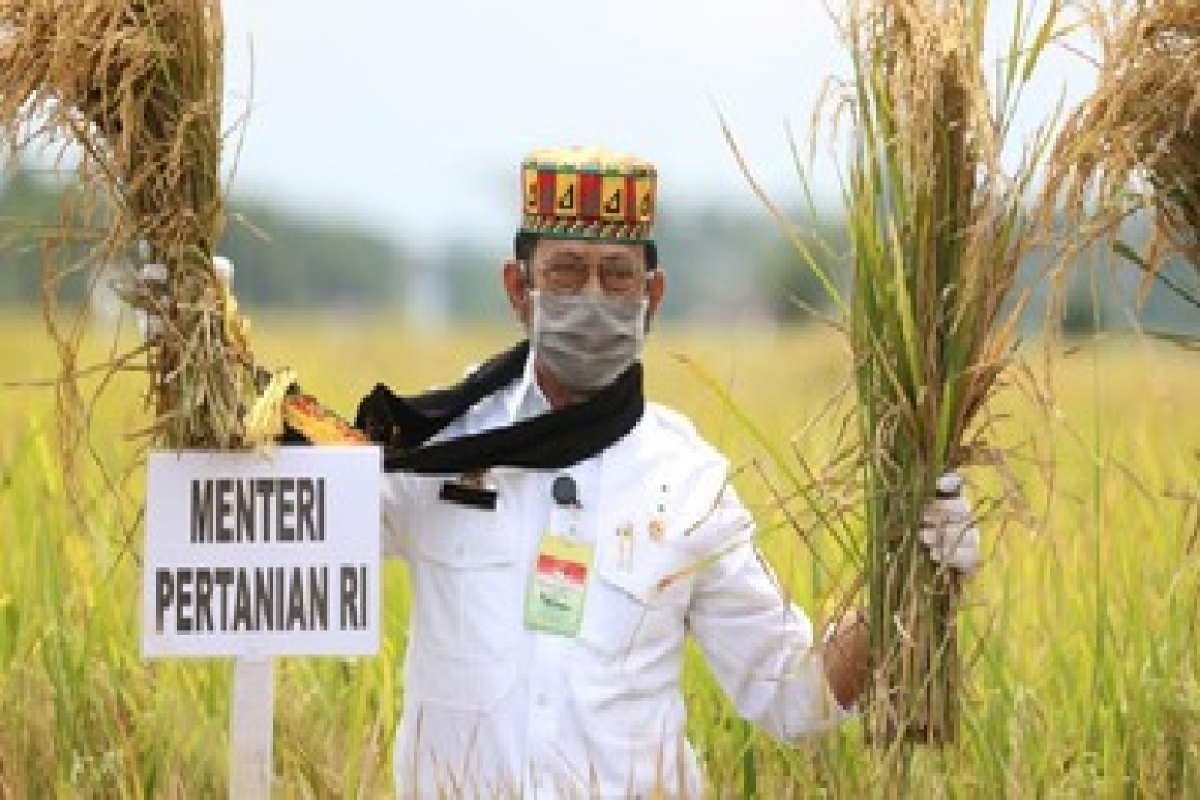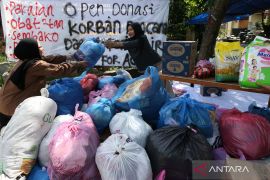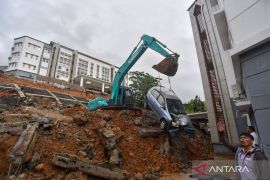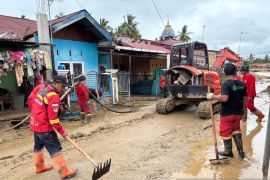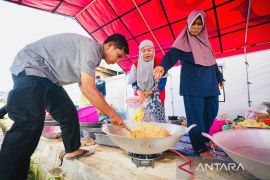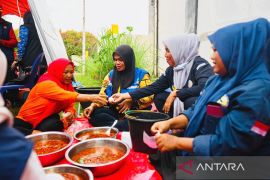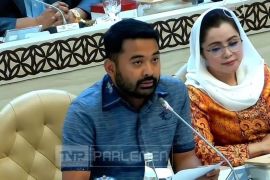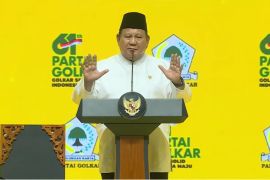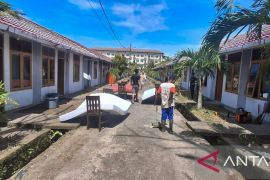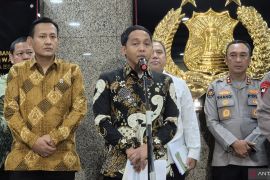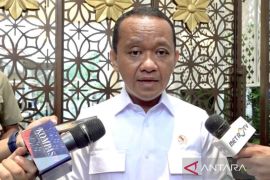The farmland is cultivated for food crops and cattle breedingBanda Aceh, Aceh (ANTARA) - The Aceh Besar district government is working alongside the SieBreuh Makmue Beusama cooperative unit to develop a food estate program by providing 5,120 hectares of farmland.
The food estate development program is focused on the agricultural areas in Suka Makmur, Kuta Malaka, Ingin Jaya, Simpang Tiga, Darul Imarah, and Darul Kamal sub-districts.
"The farmland is cultivated for food crops and cattle breeding," Head of the SieBreuh Makmue Beusama cooperative unit, Juanda Jamal, stated here on Wednesday.
Local farmers cultivate the farmland for rice field and cattle breeding site, as they are the cooperative unit's shareholders, he remarked.
Of the total farmland, some 1,991 hectares are located in the Suka Makmur Sub-district, while 1,215 hectares are in Ingin Jaya Sub-district.
The remaining farming areas are located in Kuta Malaka Sub-district, reaching 700 hectares; while 786 hectares in Simpang Tiga; 665 hectares in Darul Imarah; and 563 hectares in Darul Kamal.
The food estate program is one of the Indonesian Agriculture Ministry's prioritized programs to meet the country's requirements for food security.
The Food and Agriculture Organization (FAO) of the United Nations has warned its member states that the ongoing COVID-19 pandemic may trigger a deficit of food stockpiles.
In response to this warning, Indonesia is sentient of the significance of boosting the nation's food security amid the ongoing global COVID-19 pandemic and beyond.
To this end, the government has formulated a program to boost production capacity, local food diversification, development of a food reserves system, modern agriculture, and exports.
With food security being the key focus, the government has been working on its food estate program by developing 165 thousand hectares of land into farmland in Pulang Pisau District, Central Kalimantan Province.
The government also develops 30 thousand hectares of farmland in Humbang Hasundutan Village, North Sumatra Province, to cultivate potatoes and onions.
According to ANTARA’s observation, despite a steady rise in Indonesia's population, the country had yet to achieve food security, which by definition is related to "food availability, food access, and food utilization" (USAID 1995 in FAO).
Rather than feed its people the rice that is produced by its own farmers, the central government has frequently imported rice over the past years to meet the public’s requirements.
This condition has, indeed, posed a grave challenge and does not bode well with Indonesia's status as one of the world's top agricultural countries.
Indonesia should not make it a perpetual practice to import rice from countries, including Thailand and Vietnam, since it will potentially disadvantage local farmers and threaten its national security in the long term.
Related news: Food estate projects must not contribute to deforestation: experts
Related news: Environmental NGO JPIK cautions Indonesia of ongoing deforestation
EDITED BY INE
Translator: R.Fajri, Rahmad Nasution
Editor: Fardah Assegaf
Copyright © ANTARA 2021
